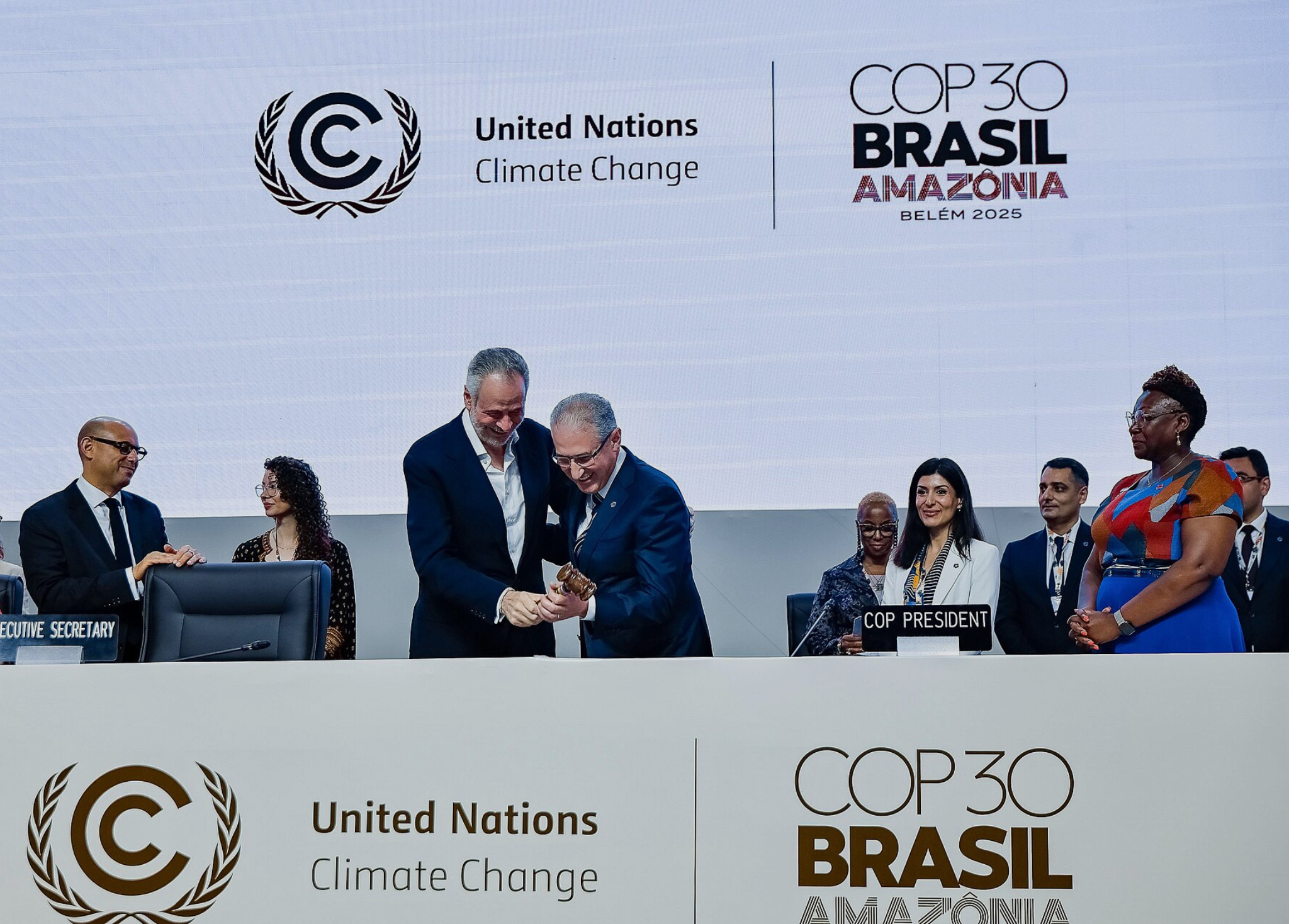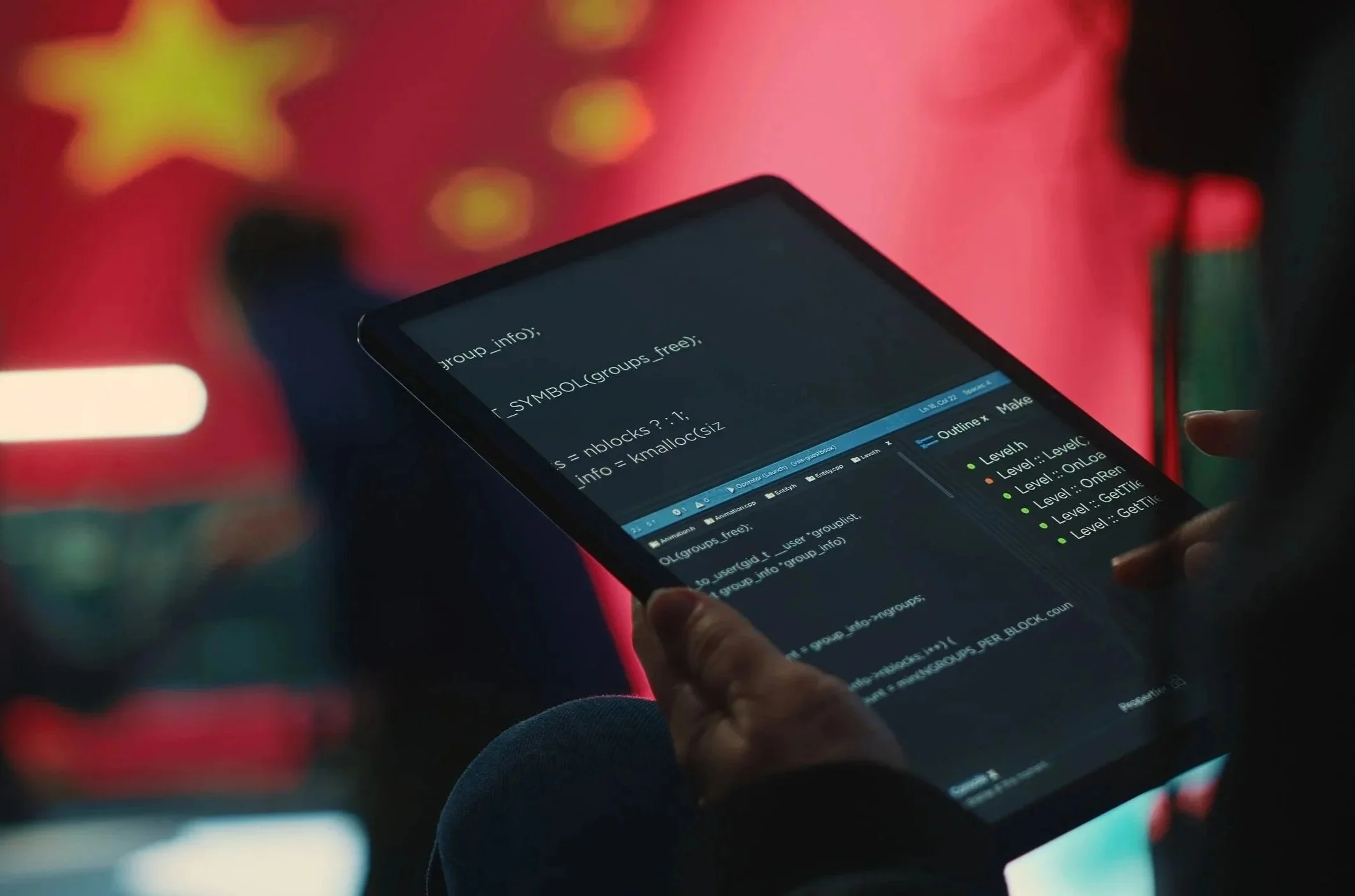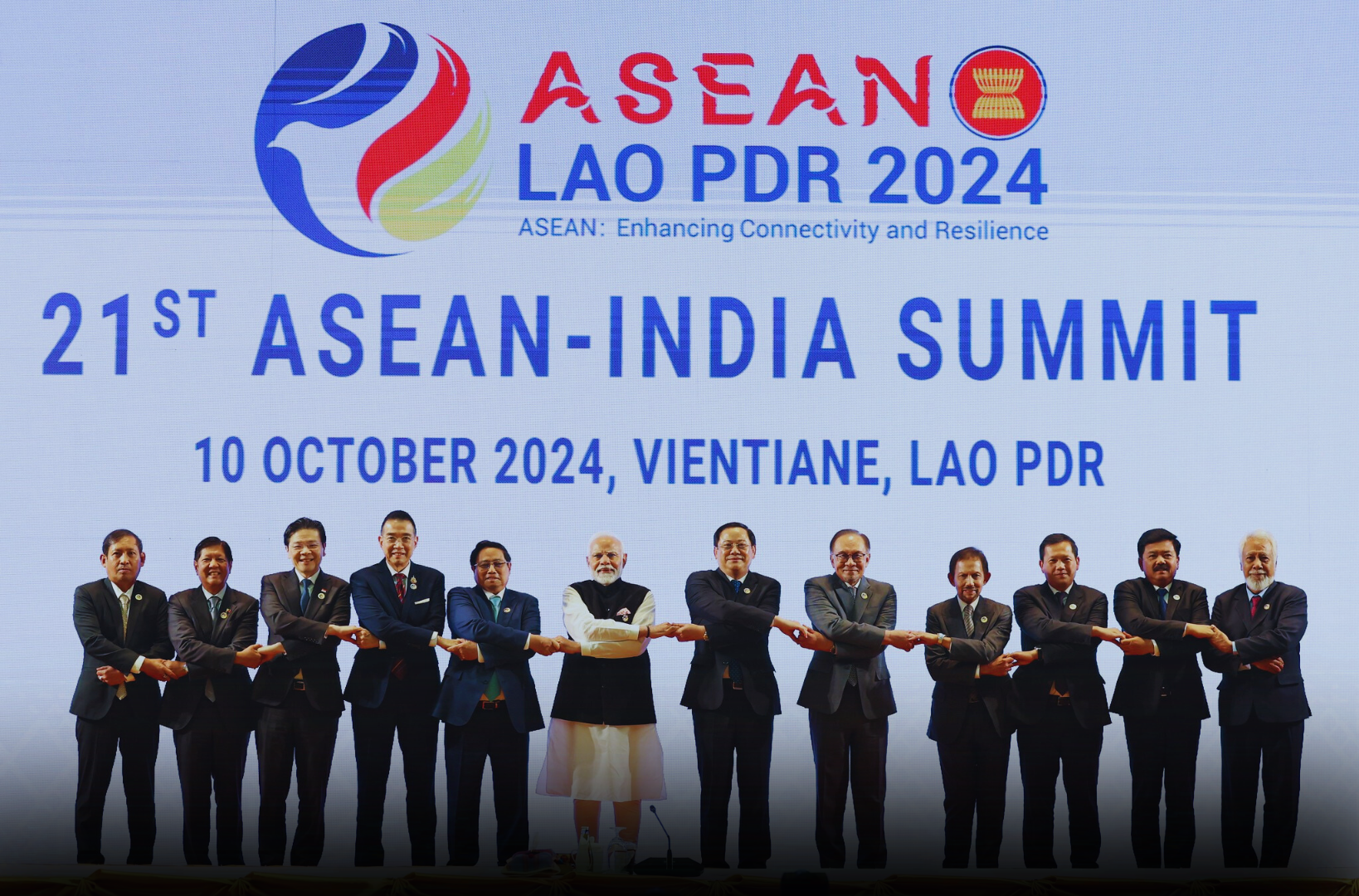FAULTLINES
Written by Phuong Nguyen
The era of digital independence is closing fast. From 5G to AI, the Indo-Pacific is fragmenting into competing ecosystems centred on Washington and Beijing.
Written by Taufiq E. Faruque and Rubiat Saimum
Bangladesh no longer intends to operate as a peripheral state within an India-centric security order in South Asia, but as a globally connected security actor seeking to maximise strategic autonomy over its procurement choices, maritime posture, and regional role.
Written by Luana Correia
Influence in climate diplomacy is becoming increasingly dispersed, as traditional agenda-setters fail to consolidate their authority, creating space for competing interests — and claims to leadership — to shape outcomes.
Written by Yatana Yamahata
Solidarity among Southeast Asians has strengthened pro-democracy movements across the region and, in doing so, fostered a sense of shared regional identity. ASEAN, however, does not mirror nor reinforce this solidarity. Instead, it remains constrained by its founding principle of non-interference.
Written by Kristina Lozinskaya
More can and should be done to deter, protect from, and respond to Chinese cyberattacks. If leveraged appropriately, the Quad can offer a powerful counter to China’s growing cyber threats.
Written by Dr Muhammad Zulfikar Rakhmat
Indonesia’s foreign service, though respected in ASEAN, has not fully kept pace with the demands of a world where China is central to trade, technology, and security. Without a cadre of China specialists embedded across government and academia, Jakarta risks responding to events rather than shaping them.
Written by Jemima Holborow
Without CBRs, Pacific Islands face reduced financial inclusion and slower development. For the US, it risks pushing the region toward central bank digital currencies and de-dollarisation; a trend that could weaken US financial influence.
Written by Dr Imran Khurshid
In the end, this agreement is less a stabilising alliance than a strategic gamble — one that risks drawing Pakistan into conflicts beyond its capacity, while further complicating the already turbulent geopolitical landscape of South Asia and the Middle East.
Written by Andrew Gordan
Global digital finance will also increasingly become entangled with broader structures of major power competition, particularly in the Indo-Pacific. Anxiety about Chinese economic influence in Oceania has likely driven India to pitch the Pacific Islands on digital infrastructure, inking an agreement on DPI with Fiji in November 2024.
Written by Dr Apila Sangtam
Crucially, reinvigorating key connectivity initiatives such as the India–Myanmar–Thailand Trilateral Highway would serve as both a symbolic and practical demonstration of India’s commitment to regional integration.
Written by Hannah Hains
It is not yet clear whether Trump will institute a similar targeted tariff for shipping and port infrastructure, as recommended by a new report by the Office of the United States Trade Representative on ‘China's Targeting of the Maritime, Logistics, and Shipbuilding Sectors for Dominance’.
Written by Dr Anisa Heritage
The Trump administration's instigation of its trade liberation policy has generated fear about how it might also rashly unshackle itself from longstanding security arrangements.
Written by Chetan Rana
Even though Myanmar’s international isolation appears to push it further closer to China, the Sit Tat and the EAOs are simultaneously engaging and contesting with China in different sectors. Beijing will be key in the execution and acceptance of elections planned by the junta.
Written by Dominique Fraser and Dr Premesha Saha
Indonesia will need to ensure that it carefully balances its commitments to BRICS alongside its responsibilities and obligations within ASEAN and its existing relationships with Western nations like the US and the EU.
Written by Jana C. von Dessien
Two decades of wallowing in the comforts of cheap Russian energy, open Chinese markets, and US security guarantees seem to have thoroughly corrupted the entire political class.
Written by Lucas Myers
The Quad’s role is clearer in 2024 than in 2017 or 2007. It coordinates and ensures the provision of public goods in an era of great power competition that is about much more than just traditional hard power security.
Written by Dr Meredith Oyen
Trump is a wild card on China. He has promised to enact high tariffs and deport millions of unauthorised migrants. But in the case of Chinese migrants, antagonising the PRC in one area will not yield cooperation in the other.
Written by Hunter Marston
Whatever the outcome of the US election in November, Southeast Asian states will continue hedging for as long as possible.
Written by Chetan Rana
As India navigates this new geopolitical landscape, it must critically reassess the touted advantages of its relationship with Russia and ensure that its foreign policy adapts to contemporary realities.
Written by Andrea Leonard Palazzi
In the end, the path to widespread use of the renminbi — at least to trade with China — is US sanctions themselves.
Written by Zhou Wenxing
The Philippine ruling elites need to realise that only political channels and diplomacy can realistically solve their disputes with China.
Written by Dr Felix Heiduk and Dr Johannes Thimm
Currently, the global balance of power is shifting again, according to many, in the direction of multipolarity. But even if one accepts the concept of polarity in principle, the question immediately becomes which states could be considered as additional poles. China certainly qualifies, but beyond that?
Written by Mae Chow and Shakthi De Silva
Ultimately, Bangladesh's ability to maintain constructive engagements with China and India will not only shape its own future trajectory but also contribute significantly to the stability and prosperity of the broader Indo-Pacific region.
Written by Megan Khoo
Anything less than preventing a Huawei factory in France blatantly disregards France’s current restrictions on Huawei, French national security, and the greater security of the EU.
Written by Dr James Kaizuka
“Whatever it takes” ultimately means squaring the circle of North Korea’s likely demands with what the Japanese public is willing to accept as an offering to a dictatorship which may well use any inducement against it in the future.
Written by Rorry Daniels
While breakthroughs remain unlikely, the test in 2024 is whether the US and China can manage differences quietly and directly while under the political magnifying glass.
Written by Sajid Aziz
The twin threats of separatist movement and militancy by religious-ethnic groups in Pakistan and Iran, respectively, have been perennial sources of mistrust, mutual accusations, frequent border skirmishes, and the recent military strikes and counter-strikes between the two states.
Written by Taylah Bland
The US-China competition and efforts at cooperation epitomised by the Sunnylands Statement can both contribute to the two biggest polluters taking concrete action in global climate change mitigation and adaptation work.
Written by Megan Khoo and Anouk Wear
The UPR is an opportunity to enhance what EU member states have been practising at the domestic and EU level over the past five years, and one which complements and solidifies their positions.
Written by Yeonsu Lee
Although the South Korean government has accepted Japan’s plan to release the Fukushima water, politicians, scientists, and citizens continue to raise concerns and criticisms.





























